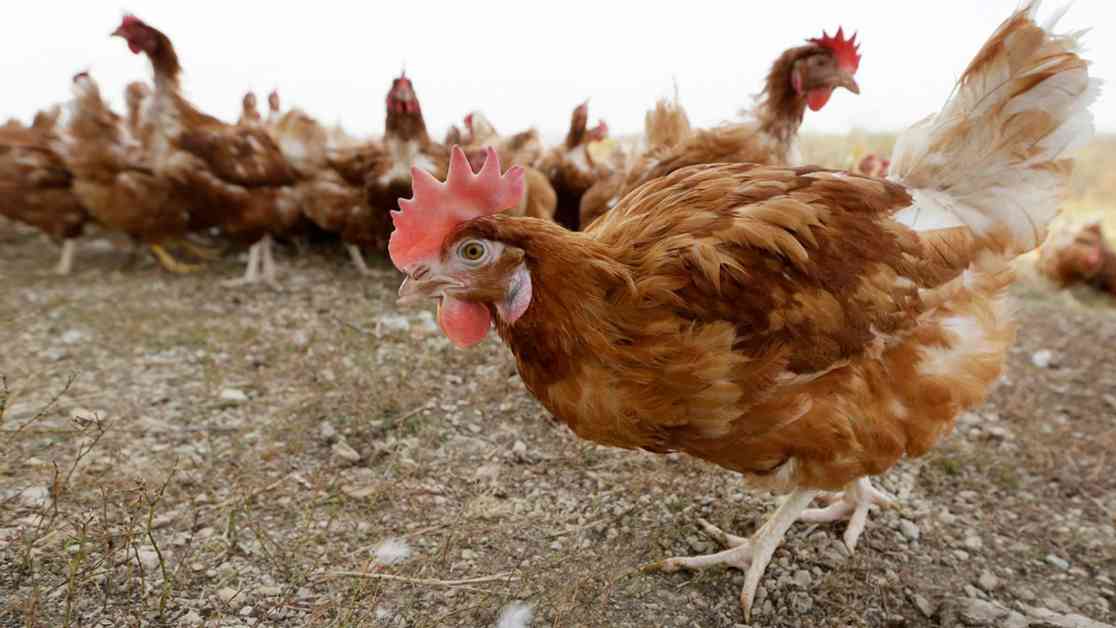Preparing for a Bird Flu Pandemic: UK’s Plan for Five Million Vaccine Doses
More than five million doses of a vaccine are being prepared in the UK to combat any potential bird flu pandemic. The jab, known as the human H5 influenza vaccine, is meant for use in case the H5N1 virus spreads among humans. The UK Health Security Agency (UKHSA) has secured a contract for these doses as a precautionary measure.
The Threat of Bird Flu
There are various strains of the bird flu virus, with H5N1 being the most concerning due to its potential to cause a global outbreak. The emergence of new strains poses a significant threat, according to Professor Sir Andrew Pollard from the University of Oxford. He emphasized the importance of preparing for potential pandemic threats by developing resilience against high-risk flu types like H5.
Recent Cases in the UK
Recent cases of bird flu have been reported in the UK, affecting both poultry and wild birds. The Department for Environment, Food and Rural Affairs confirmed cases at a poultry farm in Yorkshire, leading to the humane killing of all poultry in the affected area. The virus can spread through close contact with birds or their droppings, highlighting the need for preventive measures.
Importance of Early Access to Vaccines
Dr. Meera Chand, an emerging infection lead at the UKHSA, stressed the significance of early access to vaccines in saving lives. The purchase of five million vaccine doses is part of a long-established plan to enhance the UK’s preparedness against potential pandemics. By adding H5 vaccines to their arsenal, health authorities aim to be ready to combat a broader range of threats posed by influenza viruses.
It is crucial for governments and health organizations to stay vigilant and proactive in their efforts to prevent the spread of infectious diseases. The development and stockpiling of vaccines like the H5 influenza vaccine are essential steps in safeguarding public health and minimizing the impact of potential pandemics. As individuals, staying informed and following recommended health guidelines can also contribute to collective efforts in combating infectious diseases effectively. By working together and prioritizing public health, we can build a safer and healthier future for everyone.




